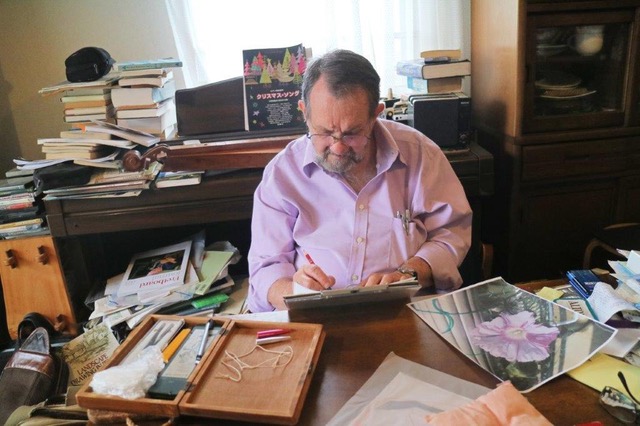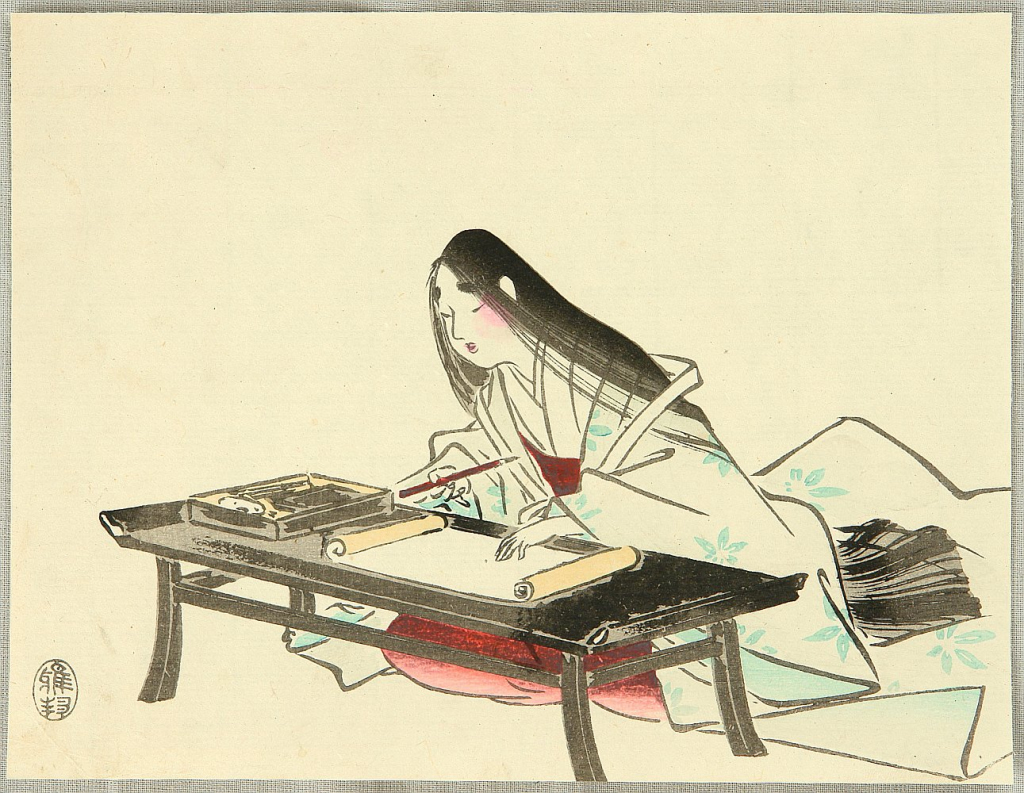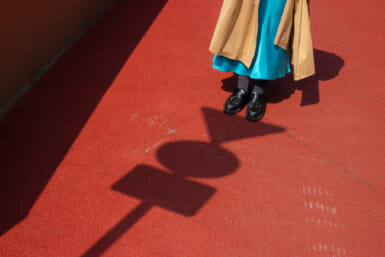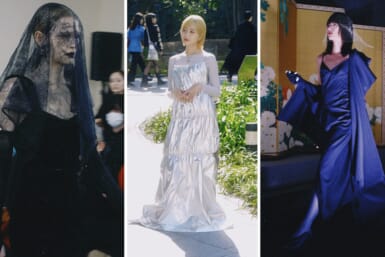The Japan Writers Conference (or JWC for short) is a free, annual conference open to all. It is a space for sharing ideas, knowledge and insider information on all things writing. Including translators and publishers, it attempts to bring everyone in the industry and academia together for a weekend of intellectual exchange.
The JWC website briefly lists just a sample of illustrious presenters through the years.
“Past JWC presenters have included translator Juliet Winters Carpenter, columnist Baye McNeil, YA (young adult) writers Holly Thompson and Suzanne Kamata, science writers Amanda Alvarez and Elizabeth Tracker, journalist Elaine Lies, poet Jessica Goodfellow, poet and editors Phillip Rowland and Richard Jones, creative nonfiction writer Ann Tashi Slater and novelists Barry Eisler, Naomi Hirahara and Vikas Swarup. Journals including The Font, Cha, Tokyo Poetry Journal and Kyoto Journal have also participated, as have publishers Fine Line Press and Isobar Press.”
JWC is run entirely by volunteers and is held at a different Japanese university each year, with past venues in Tokyo, Hokkaido, Hyogo, Kyoto, Tokushima, Iwate and Okinawa.

John Gribble
The JWC was founded in 2007 by Jane Joritz-Nakagawa, Colleen Shiels, Diane Nagatomo and Naomi Hiraishi. The team of organizers behind the JWC currently are John Gribble, Karen McGee, Tom Baker, Amy Yuki Vickers, Joan Bailey and Charles Kowalski.
This time, we talked to Gribble to introduce the annual Japan Writers Conference. Gribble has been one of the co-organizers of the JWC since 2009.
Gribble is a poet and writer on music and other topics. A native of Southern California, he has lived in Tokyo since 1993. His work appears internationally and his books include 100 Poets, One Song Each (a translation of The Ogura Hyakunin Isshu of Fujiwara no Teika), Ueno Mornings and Another Wrong Fedora.
1.
Can you share some past highlights of the JWC with us?
Vikas Swarup, author of Q & A, which became the film Slumdog Millionaire, told an entertaining tale of how he stumbled into writing a book which “grew legs” to become an Academy-Award-winning motion picture.
Holly Thompson’s lecture on novel revision. The manuscript of her novel Ash reminded me of a porcupine with the hundreds of color-coded post-it notes sticking out of it.
Journalist Tom Baker on brevity. Enough said.
Chiba writer and artist David Gregory gave a beautifully prepared presentation on organizing one’s life as a writer. The first time he gave it, his audience was pitifully small, so I asked him to come back the following year and give it again.
Actually, I don’t get to hear too much of the presentations, as I’m usually busy making sure everything is going smoothly.
2.
What kind of people should attend the JWC?
Anyone with an interest in how words make it to the page and then to an audience.
3.
Who do you encourage to apply as a presenter? What type of presenters do you usually have?
Any published writer is welcome to submit. We look for people who have experience to share (good or bad) and who have made themselves familiar with how other writers go about their work.
Most of our presenters have been incredibly generous with their time and expertise, both in their presentations and in conversations.
4.
Is this the only writers’ conference in Japan geared towards English speakers?
I can neither confirm nor deny. But I know of no others.
5.
What’s your favorite book that takes place in Tokyo and why?
Tokyo Transit Book, by Garry Bassin. It is always in my bag and easier to use than my smartphone. It is a functional celebration of “a system (that) works…something to marvel at.”
Alternately, the longish poem “Local Ingredients” in the book The Pleasures of Peace by Paul Rossiter. The poem’s settings are mostly in Tokyo and it is a meditation on the long, good life the speaker has had here.
6.
What’s your favorite word? (Japanese, English or other)
Ikigai. I only recently learned this word, but I’m grateful for the thinking it triggered. The rough translation is “one’s reason for getting out of bed,” but it suggests, at least to me, identifying one’s purpose in life. I’ve come to the conclusion I have two: making stuff and being of service to others.
7.
If you had to describe Tokyo in one word what would it be?
Opportunities. This place continues to offer an almost infinite number to those who choose to pursue them.
8.
Are there other resources for English-speaking writers in Japan you recommend?
Society of Children’s Book Writers and Editors Japan, SWET: The Society of Writers, Editors, and Translators, Writers in Kyoto and Tokyo Writers Workshop
Japan Writers Conference 2022
For the JWC 2022, some of the presentations include storytelling and poetry workshops, how to craft the perfect pitch for a publication, the intricacies of writing a memoir, a poetry reading by Isobar Press and much more. Learn more about the JWC 2022 and how to attend.









